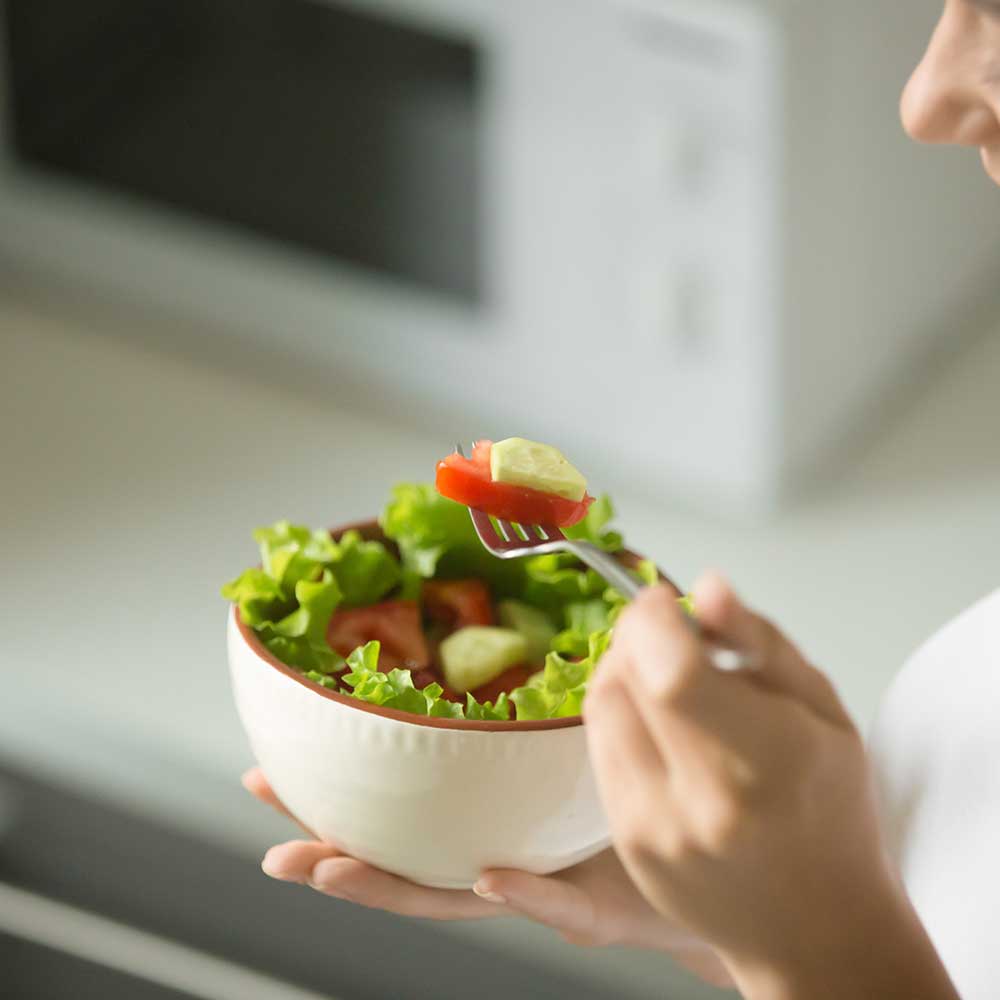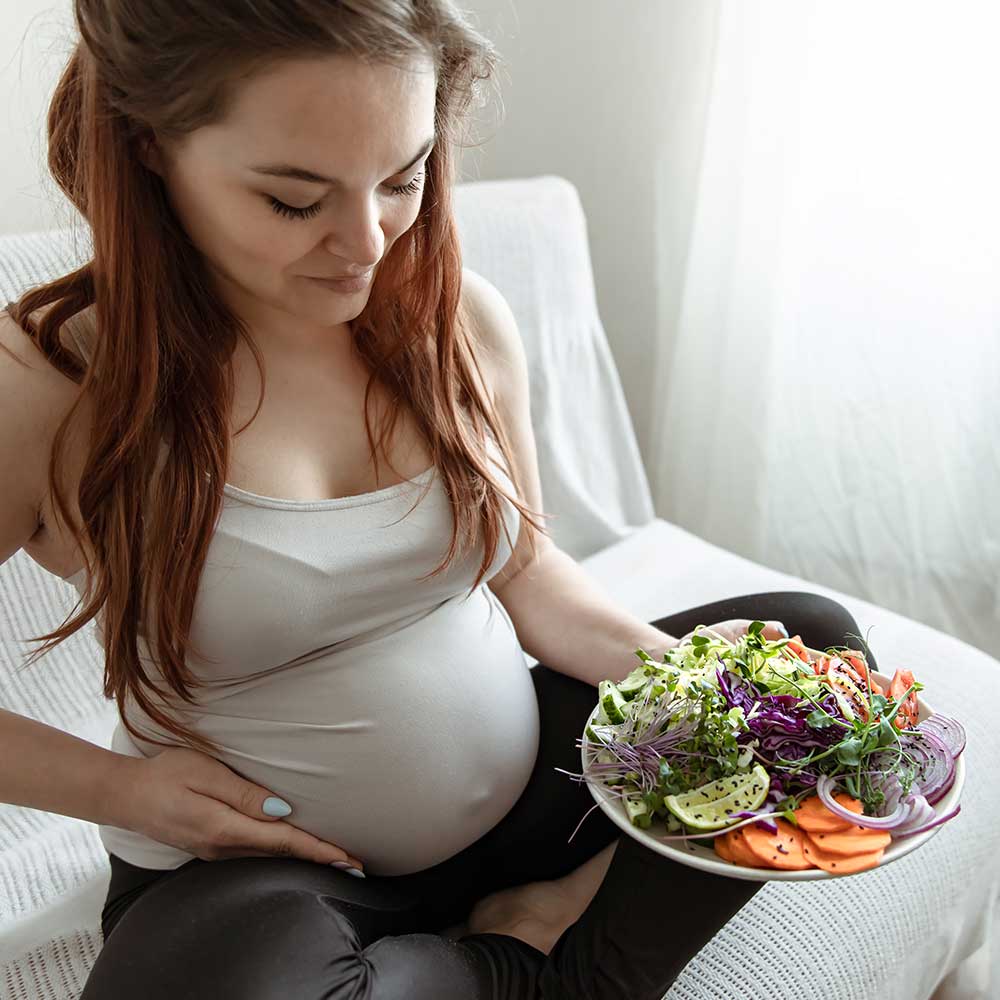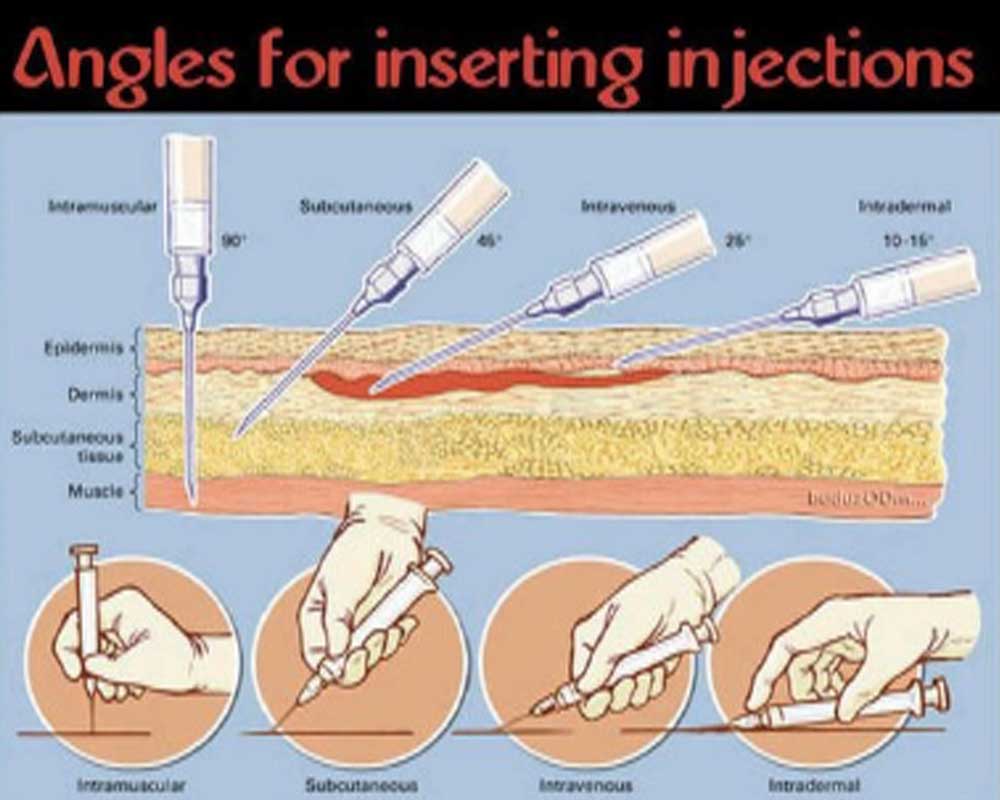laparoscopy help infertility treatment
Laparoscopy is a keyhole surgery used to assess abnormalities in the female reproductive organs: uterus, ovaries, fallopian tubes and other pelvic organs. Laparoscopic techniques avoid large incisions, inflammation, and excess scar tissue. Laparoscopy will allow the diagnosis of infertility problems that would otherwise be missed.
Minimally invasive laparoscopic surgery can be beneficial for endometriosis, treating cysts or fibroids, and removing lodged IUDs.
Endometriosis Treatment
Endometriosis is a condition in which endometrial tissues normally found lining the uterus, spreads to other areas within a woman’s pelvic cavity and abdomen, usually the fallopian tubes, ovaries and intestines. The condition is known to interfere with fertility; as many as 25 to 50 percent of infertile women have endometriosis.
Minimally invasive laparoscopy for infertility can help in a situation like this by fulgurating the lesions using cautery or laser or removing the lesions of endometriosis. In many cases, treating a woman’s endometriosis can pave the way for a pregnancy.
Another problem that can only be identified through laparoscopic surgery are pelvic adhesions also known as scar tissue. Adhesions cannot be seen with ultrasound, x-rays or CT scans. Adhesions can interfere with the ability to conceive if they make it more difficult for the egg to get into the fallopian tube at the time of ovulation.
Laparoscopy can be a useful diagnostic or therapeutic workup in fertility treatment, including:
- Demonstrate tubal patency or problems
- Diagnose and correct uterine abnormalities
- Diagnose polycystic ovary syndrome
- Removal of pelvic adhesions, fibroids, cysts, tumours, scar tissues
- Treat ectopic pregnancies
- Treat pelvic inflammatory disease and other gynaecological problems
Many patients with fertility problems can benefit from a diagnostic or operative laparoscopy. The procedure allows your doctor to see if your fallopian tubes are open, whether you have any fibroids or endometrial tissues that could affect conception or pregnancy.
In some cases, women who have normal HSG results could experience recurrent in-vitro fertilisation (IVF) failures. Laparoscopy has been shown effective in diagnosing unrecognised pelvic pathologies and improving the subsequent pregnancy rate.
To learn more about laparoscopic surgery and additional fertility treatments, schedule an appointment today.











